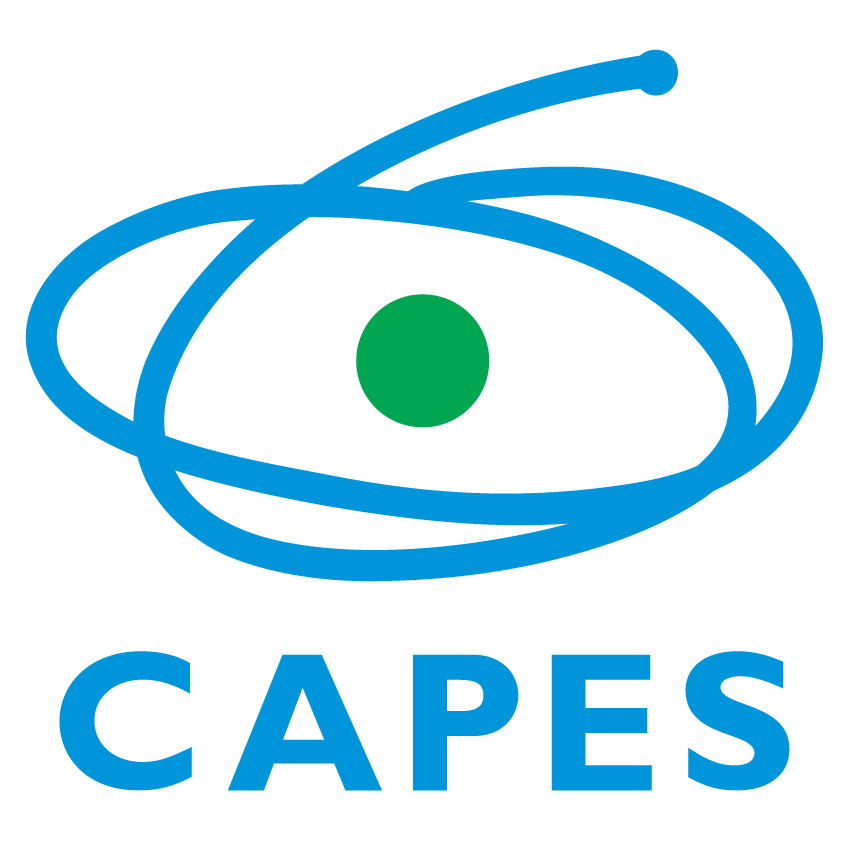Professional education and languages: teaching languages for specific purposes
DOI:
https://doi.org/10.58422/repesq.2021.e1036Keywords:
Educação profissional, Ensino de Línguas, Abordagem Instrumental, Análise de Necessidades,Abstract
This article aims to investigate the relationship between the language for specific purposes (LSP) approach to English teaching in high school vocational programs at vocational schools run by the São Paulo State government and the most appropriate choices for skill-based teaching. It focuses on the concept of needs analysis, as this is the differential of this approach. Part of a literature review and exploratory research through direct observation, it seeks to understand its variants, finally considering that its assumptions can go beyond LSP teaching.
Keywords: Professional education. Language Teaching. LSP Approach. Needs Analysis.
References
BAKHTIN, M. Marxismo e filosofia da linguagem. São Paulo: Hucitec, 1999.
BLOCH, J. Technology and ESP. In The Handbook of English for Specific Purposes. Boston, MA: Wiley-Blackwell, 2013.
BROWN, H. Douglas. Teaching by principles. Englewood Cliffs, NJ: Prentice Hall, 1994.
BROWN, H. Douglas. English Language Teaching in the “Post-Method” Era: Toward Better Diagnosis, Treatment, and Assessment. In J. Richards & W. Renandya (Eds.), Methodology in Language Teaching: An Anthology of Current Practice (Approaches and Methods in Language Teaching, pp. 9-18). Cambridge: Cambridge University Press. 2002.
BROWN, H. Douglas. Teaching by Principles: An Interactive Approach to Language Pedagogy. White Plains, NY: Pearson Education, 2007.
CELANI, Maria Antonieta Alba [et al]. ESP in Brazil: 25 years of evolution and reflection. Campinas, SP: Mercado de Letras; São Paulo: EDUC, 2005.
DUDLEY-EVANS, T.; ST JOHN, M. J. Developments in English for Specific Purposes: a multi-disciplinary approach. Cambridge: Cambridge University Press, 1998.
FREIRE, P. Pedagogia da Autonomia: Saberes Necessários à Prática Educativa. São Paulo: Paz e Terra, 1996.
__________. Pedagogia do Oprimido. Rio de Janeiro: Paz e Terra, 1996.
HUTCHINSON, T. & WATERS, A. English for specific purposes. Cambridge: Cambridge University Press, 1987.
KUMARAVADIVELU, B. Toward a Postmethod Pedagogy. TESOL Quarterly, vol. 35, no. 4, 2001, pp. 537–560. Disponível em: < http://www.bkumaravadivelu.com/articles%20in%20pdfs/2001%20Kumaravadivelu%20Postmethod%20Pedagogy.pdf> Acesso em: 04 jul.2018.
LARSEN-FREEMAN, D. Teaching language: From grammar to grammaring. Boston, MA: Cengage, 2003.
MIZUKAMI, Maria da Graça Nicoletti. Ensino: as abordagens do processo. São Paulo: EPU, 1986.
PRABHU, N.S. There is no best method - Why? TESOL Quarterly, v. 24, nº2. p. 161-176. 1990
RICHARDS, J., & RODGERS, T. Approaches and Methods in Language Teaching. Cambridge University Press. 2001.
Downloads
Published
How to Cite
Issue
Section
License
Copyright (c) 2021 REVISTA ELETRÔNICA PESQUISEDUCA

This work is licensed under a Creative Commons Attribution 4.0 International License.
Revista Eletrônica Pesquiseduca, Revista do Programa de Pós-Graduação em Educação - Universidade Católica de Santos (ISSN: 2177-1626) é detentora dos direitos autorais de todos os artigos publicados por ela. A reprodução total dos textos em outras publicações, ou para qualquer outro fim, por quaisquer meios, requer autorização por escrito do editor. Reproduções parciais de artigos (resumo, abstract, mais de 500 palavras de texto, tabelas, figuras e outras ilustrações) deverão ter permissão por escrito do editor e dos autores.










